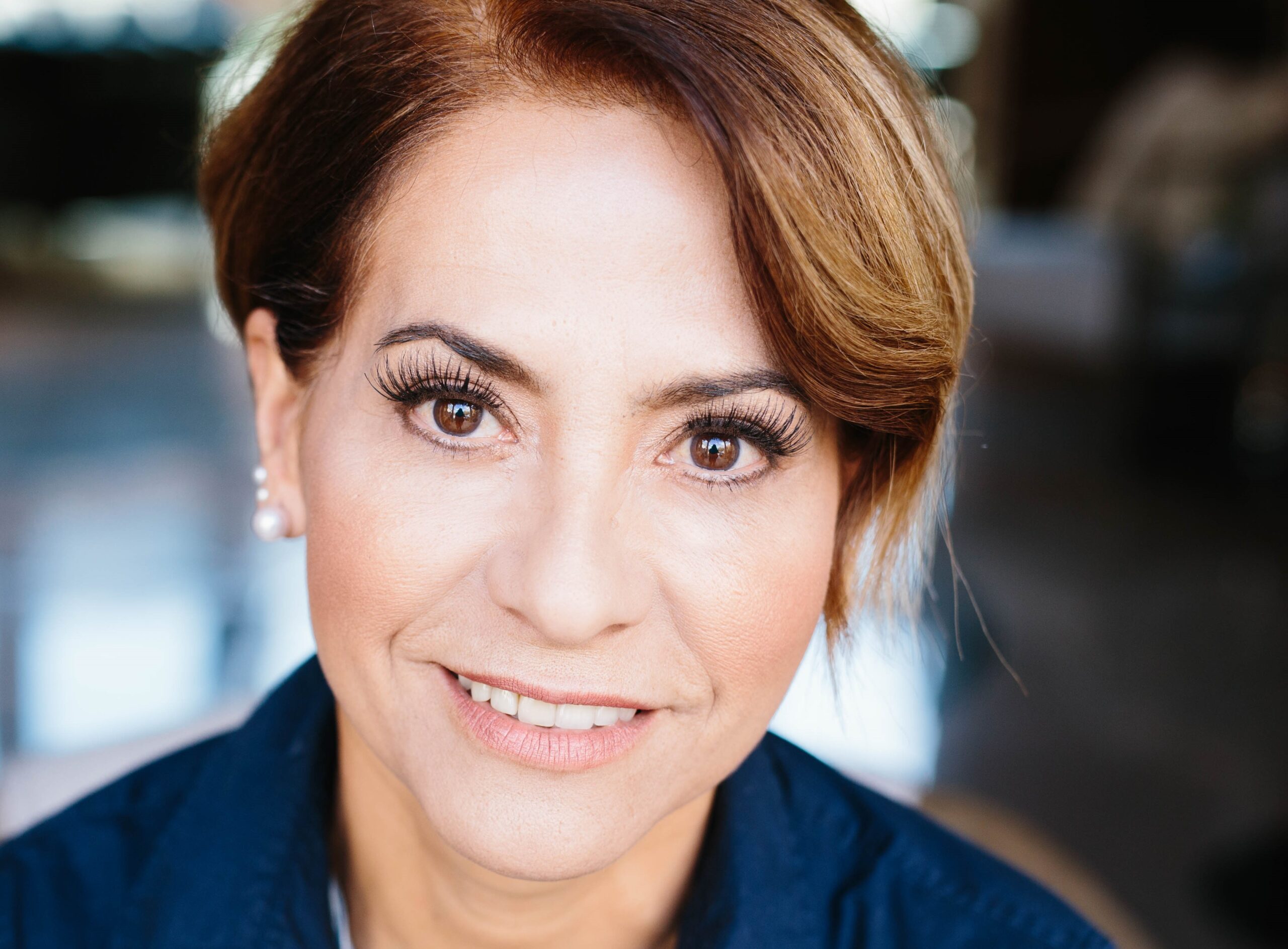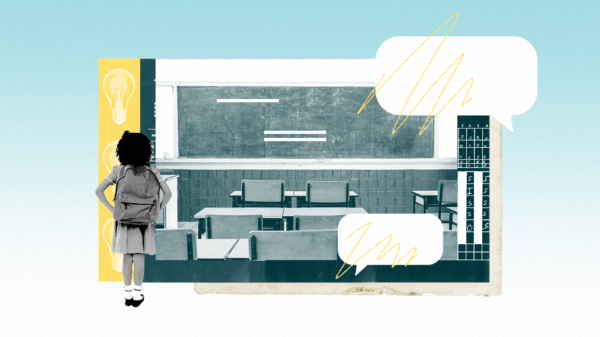Alejandra

Alejandra was born and raised in Chile. She immigrated to the United States more than 20 years ago, and she has lived in Idaho for the past seven years. When she moved to Twin Falls, Alejandra worked as a school bus driver and later as a liaison for refugee and immigrant families in the Twin Falls School District. She also supported students at the College of Southern Idaho through the Multicultural Student Affairs Program.
As Alejandra shared, Latinx families face obstacles in navigating the school system in Idaho. And many times, they lack an advocate to help them navigate these obstacles. Whether it’s a discipline issue or special education services, Alejandra explained, language and family engagement barriers continue to exist for many Latinx families.
Alejandra earned a B.A. in Agricultural Engineering and a MA in Social Communiation in Chile, and has a MA in Educational Leadership from Cambridge College, MA, and a BA in Educational Psychology. Alejandra now serves as the Executive Director of Unity Alliance of Southern Idaho, a nonprofit organization that promotes understanding of the value of all immigrants and their contributions to the region’s competitive economy, workforce, and communities.
*The following interview has been edited for clarity.
What are some obstacles you saw Latinx families face in schools in Idaho?
The refugee and immigrant community have to get a job, learn the language, and navigate systems. If they’re not fully engaged in the education of their child, it’s really challenging for them to navigate systems. There is a disconnect because most families in the immigrant community don’t know their rights and responsibilities when it comes to their child’s education.
For example, a school hosts a parent teacher conference and parents don’t show up. In the immigrant population, language is a barrier. And we don’t see language as an asset. People internalize that speaking another language and not being fluent in English is a barrier. And the [school] system’s assumption is that parents don’t care because we sent them notifications and we did the outreach. But sometimes [schools] spend a lot of time doing outreach without asking [parents] what works best for them.
And [schools] don’t see the importance of allocating funds to have interpreters. Sometimes they use students to interpret. So, if you’re translating in a disciplinary issue, of course a student is not going to tell their parents everything the teacher or principal is saying. And saw a lot of that with the Hispanic community, and with the refugee community.
With Individualized Education Plans (IEPs), there is a lot of technical language. When you have those meetings with schools and parents [of students with disabilities], the meeting goes by really fast, and nobody is taking the time to really stop and explain. There is no advocate that is well versed in special needs legislation. So, after those meetings, I would see parents frustrated and with so many questions.
Did you see Latinx families experience different treatment in other ways because of their racial identity?
Parents shared with me [experiences] with discipline. So, Latinos and our culture, we are very affectionate, body language is really important, we love music, and we are always in this energy of movement. Many parents have shared with me that their children get in trouble because they were talking too much or when they were in line, they would be fooling around, so that was seen as a behavior problem. And behavior is what we see. But the school system does not have the skills or the desire to see what is driving those behaviors. It’s a cultural component, how you grew up, the dynamics that you see at home, how family interacts, how you interact with your friends.
The parents are frustrated because they really want to obey the school rules and they tell their children “You have to behave” and “You cannot talk.” But it becomes a vicious circle. Because what is driving the behavior has never been addressed. And if people talked there would be better communication between parents, families, and schools. It’s a lot different when [schools] understand that’s the way that we are.
How can schools across Idaho better serve Latinx communities?
I have seen the Jerome School district a fantastic effort to connect with Latino families by bringing families, schools, and community together. And they have been very persistent, even though when they started, they would have a lot of participation, but that is not the norm.
When I worked in the Twin Falls School District six years ago, there were not many staff who spoke Spanish. And it was even more challenging for the refugee community because there are so many more languages spoken by the refugee community. So, they would tap into community interpreters that were not professional interpreters, but they were willing to play that role.
Schools should also be doing more grassroots work with parents and provide more professional development related to family engagement.
Are there any misconceptions about the Latinx community you wish more people were aware of?
In Idaho most of the Latino population is from Mexico, but I think that we need to do a better job when we talk about Hispanics as a group. I don’t think that we do a good job celebrating Hispanics as a whole, not as only Mexicans. We are not acknowledging the diversity and we should take the responsibility to acknowledge and celebrate everybody from the Hispanic country that you are coming from. In that way, we present a unified front and people can see a community that has an identity and within that community you have different identities.
The Education Equity for Latinx Students project started in the fall of 2022 as part of our efforts to expand racial justice work on behalf of Idaho students, beginning with Latinx communities.
READ MORE STORIES AND LEARN ABOUT THE EDUCATION EQUITY FOR LATINX PROJECT


